The Impact of the Infant Microbiome on Health: Podcast Episode #192
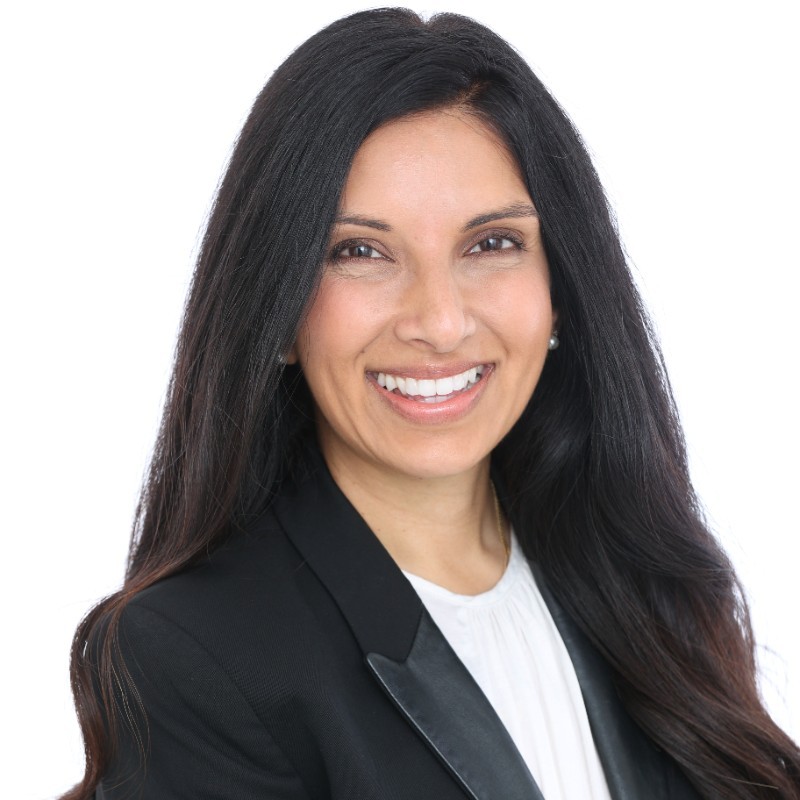
Kristin Revere chats with Dr. Payal Adhikari of Infinant Health and the impact of infant microbiome on health. You can listen to this complete podcast episode on iTunes, SoundCloud, or wherever you find your podcasts. Ask The Doulas Podcast · The Impact of Infant Microbiome on Health with Dr. Payal Adhikari of Infinant Health Welcome. […]
Sleep Training Misconceptions: Podcast Episode #191
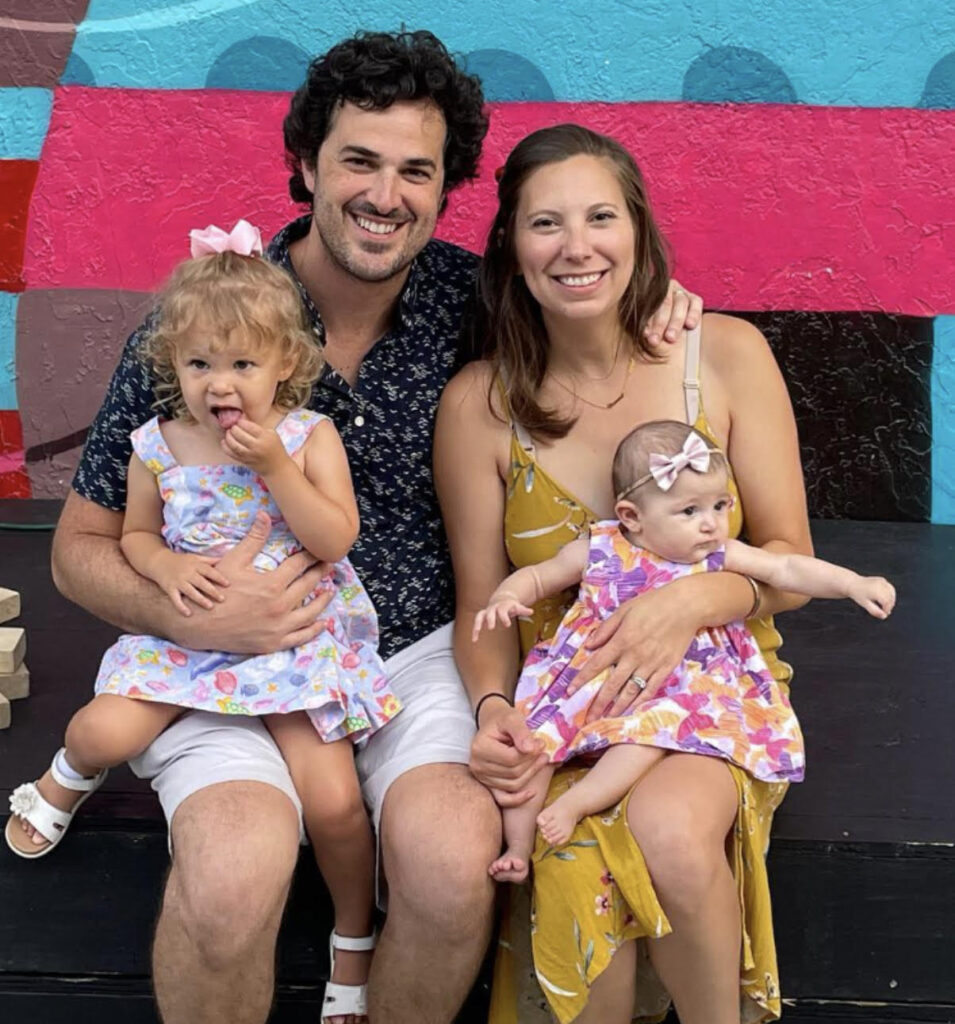
Kristin chats with Jackie Viscusi of Gold Coast Doulas about sleep training misconceptions. You can listen to this complete podcast episode on iTunes, SoundCloud, or wherever you find your podcasts. Ask The Doulas Podcast · Sleep Training Misconceptions Welcome. You’re listening to Ask the Doulas, a podcast where we talk to experts from all over […]
Balancing Life and Fertility Treatments: Podcast Episode #190
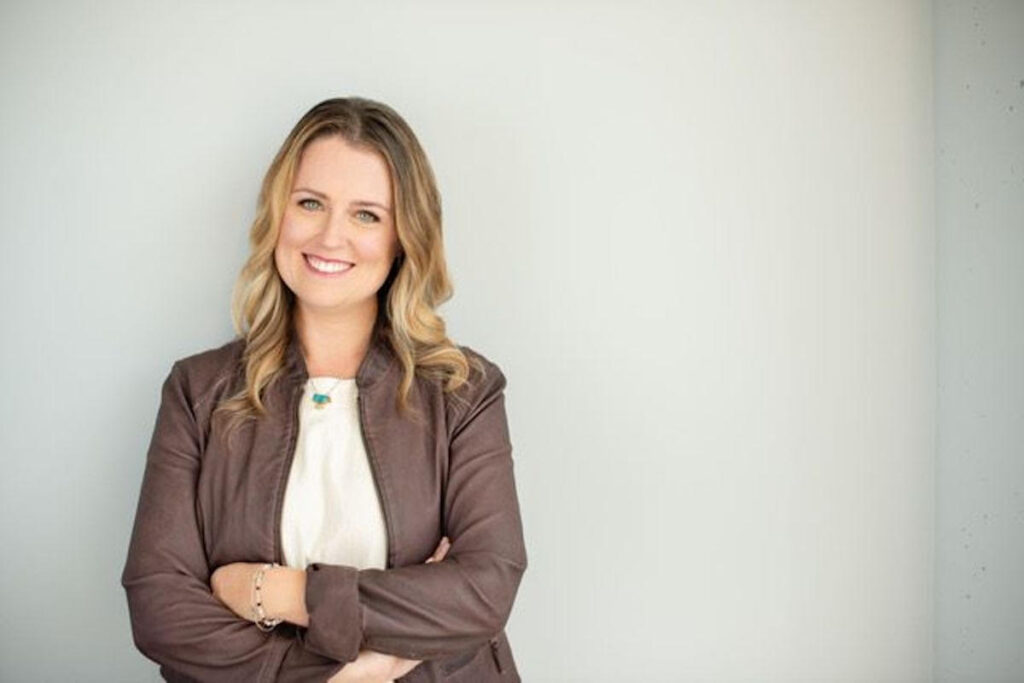
Kristin chats with Laura Fletcher, Author of The Grace in Grief: Healing and Hope After Miscarriage about tips for balancing life and fertility treatments. You can listen to this complete podcast episode on iTunes, SoundCloud, or wherever you find your podcasts. Ask The Doulas Podcast · Tips for balancing life and fertility treatments Welcome. You’re […]
Processing Birth Trauma: Podcast Episode #189
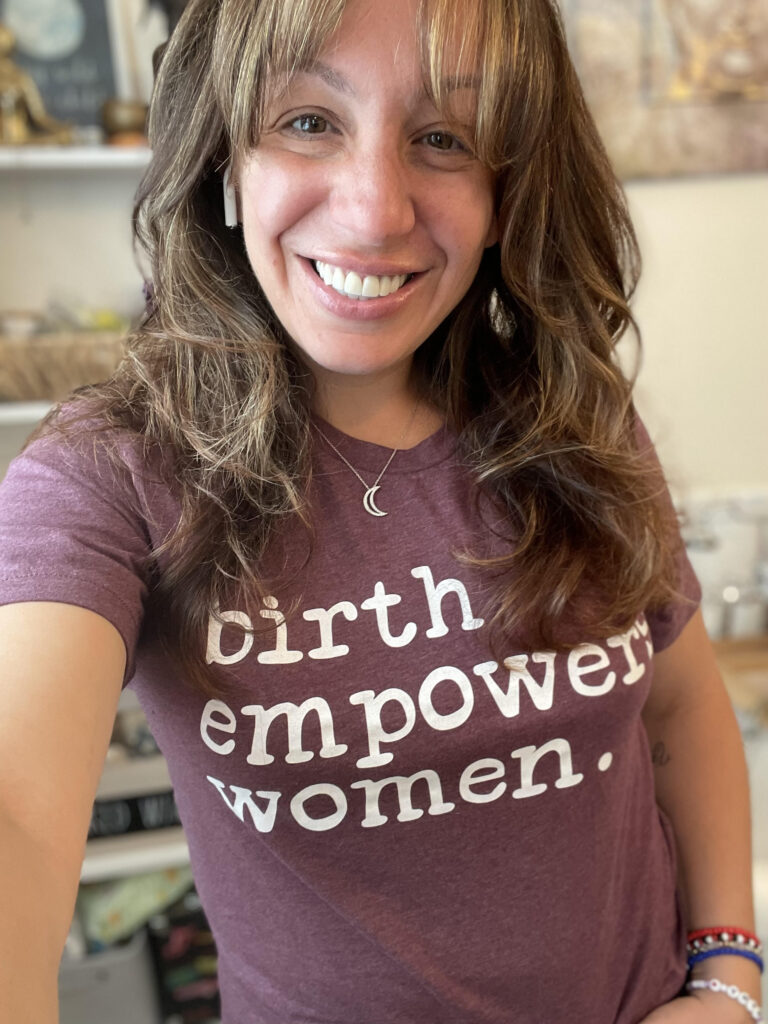
Kristin chats about processing birth trauma with Angela Mancini of La Luna Counseling and Wellness. You can listen to this complete podcast episode on iTunes, SoundCloud, or wherever you find your podcasts. Ask The Doulas Podcast · Processing Birth Trauma Welcome. You’re listening to Ask the Doulas, a podcast where we talk to experts from […]
Why You Should Use A Baby Registry Consultant: Podcast Episode #188
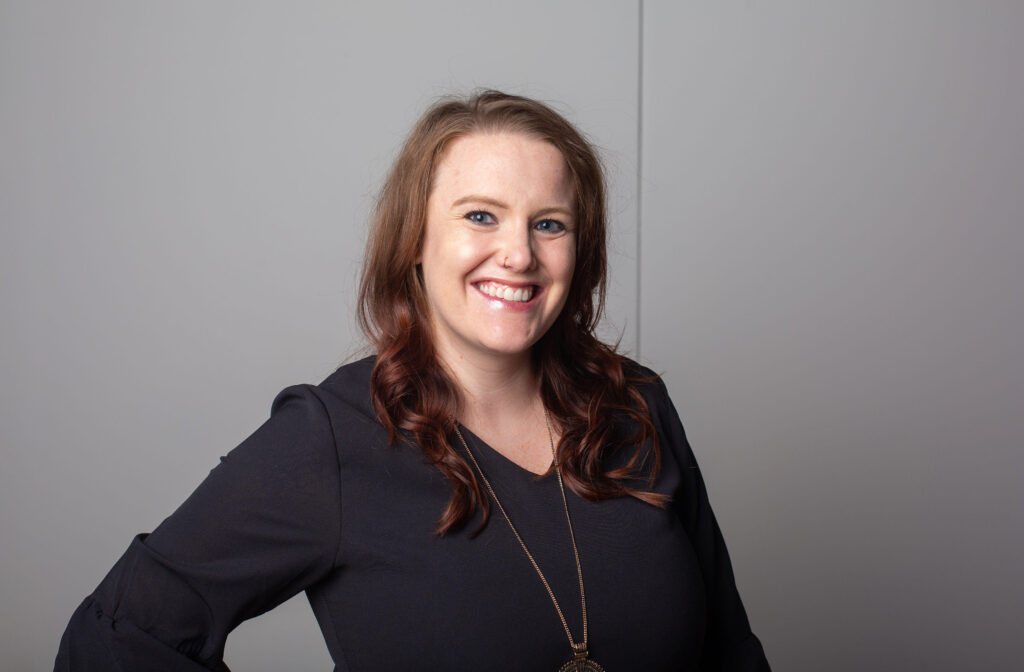
Kristin chats with Audra Geyer of Gold Coast Doulas about why you should work with a baby registry consultant. You can listen to this complete podcast episode on iTunes, SoundCloud, or wherever you find your podcasts. Ask The Doulas Podcast · Why You Should Work With a Baby Registry Consultant Welcome. You’re listening to Ask […]
Nutrition for Breastfeeding: Podcast Episode #187
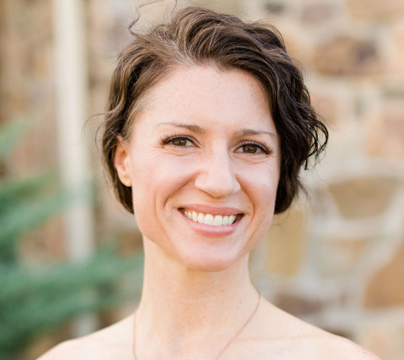
Kristin chats with Katie Timbrook of Athena’s Bump about the importance of nutrition for breastfeeding and pumping moms. You can listen to this complete podcast episode on iTunes, SoundCloud, or wherever you find your podcasts. Ask The Doulas Podcast · Nutrition for Breastfeeding and Pumping Moms Welcome. You’re listening to Ask the Doulas, a podcast […]
Grandparents as Caregivers: Podcast Episode #186
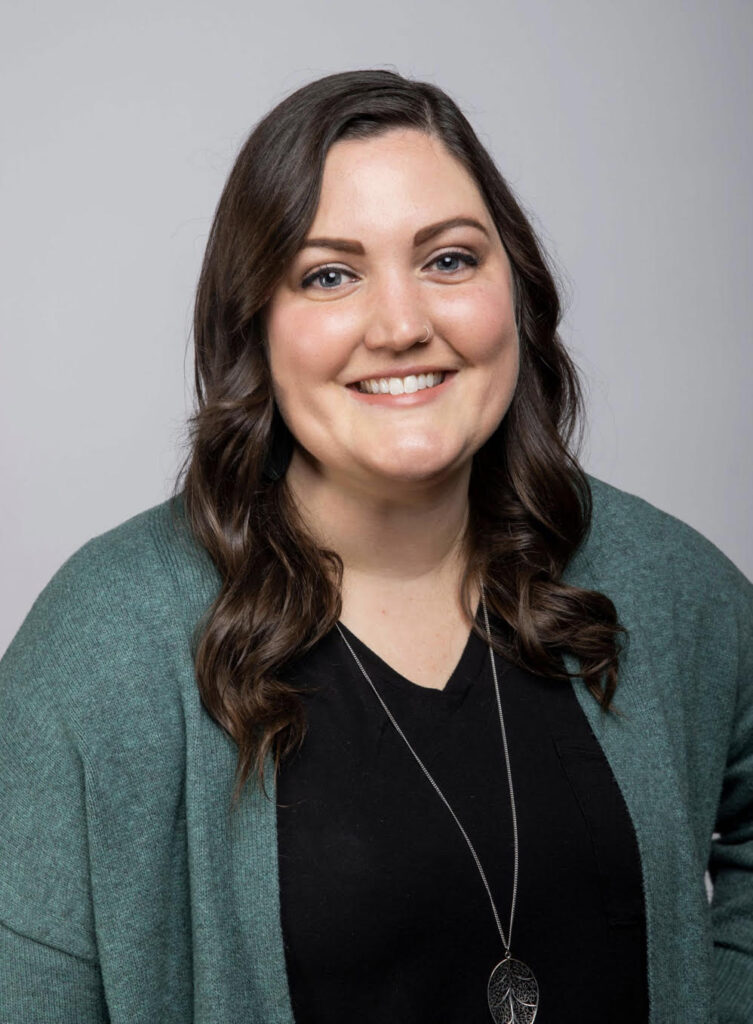
Kristin chats with Kristin Morter of Gold Coast Doulas about the important role grandparents play as caregivers and how they should prepare themselves for taking care of a new little one. You can listen to this complete podcast episode on iTunes, SoundCloud, or wherever you find your podcasts. Ask The Doulas Podcast · Grandparents as […]
Finding the Perfect Childcare Option: Podcast Episode #185
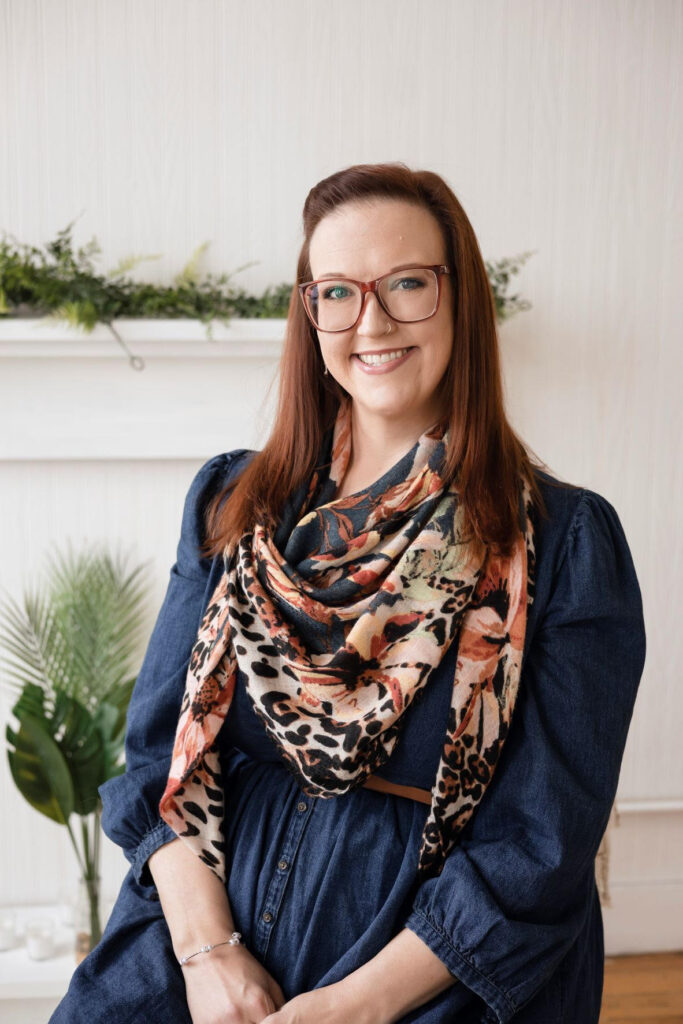
Kristin and Jaynie Fawley of Michigan Nanny Solutions chat about childcare options and finding the perfect nanny. You can listen to this complete podcast episode on iTunes, SoundCloud, or wherever you find your podcasts. Ask The Doulas Podcast · Finding the Perfect Childcare Option with Jaynie Fawley of Michigan Nanny Authority Welcome. You’re listening to […]
Adrenal Fatigue and Gut Issues Postpartum: Podcast Episode #182

We talk about addressing adrenal fatigue and gut issues postpartum with Maja Miller of Maja Miller Wellness. You can listen to this complete podcast episode on iTunes, SoundCloud, or wherever you find your podcasts. Ask The Doulas Podcast · Addressing Adrenal Fatigue and Gut Issues Postpartum Welcome. You’re listening to Ask the Doulas, a podcast […]
Prenatal Body Balancing with Heidi of Mind Body Baby: Podcast Episode #181

Kristin chats with Heidi McDowell of Mind Body Baby about the benefits of prenatal body balancing. You can listen to this complete podcast episode on iTunes, SoundCloud, or wherever you find your podcasts. Ask The Doulas Podcast · The Benefits of Prenatal Body Balancing with Heidi McDowell of Mind Body Baby. Welcome. You’re listening to […]
Black Maternal Health with Shaelina Holmes of the Hello Seven Foundation: Podcast Episode #180
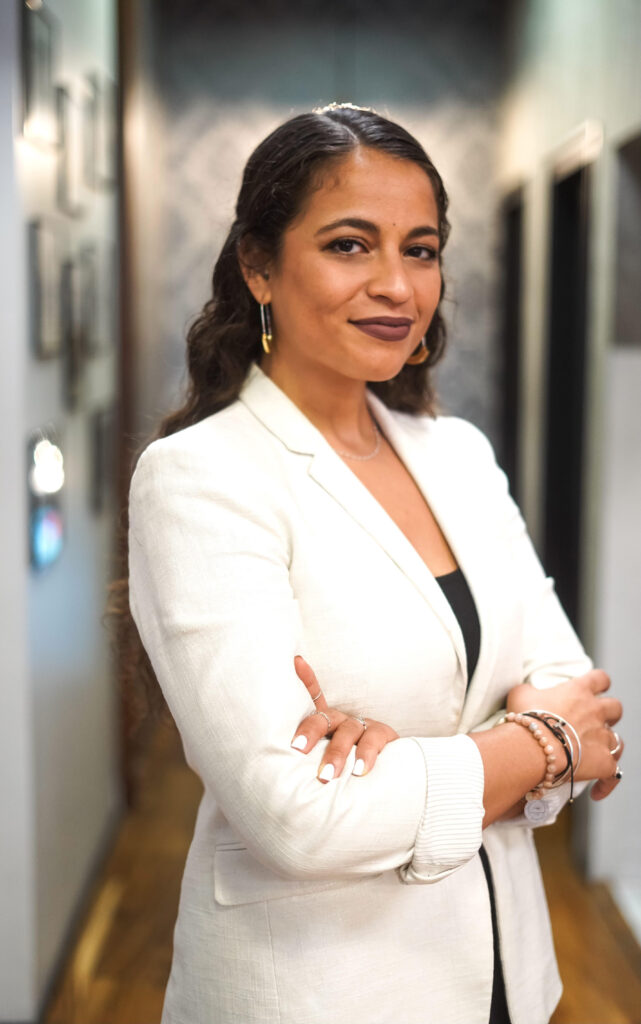
Kristin chats with Shaelina Holmes of Hello Seven Foundation about Black Maternal Health and why it is so important. You can listen to this complete podcast episode on iTunes, SoundCloud, or wherever you find your podcasts. Ask The Doulas Podcast · Black Maternal Health with Shaelina Holmes of Hello Seven Foundation. Welcome. You’re listening to […]
Plus Size Pregnancy: Podcast Episode #179
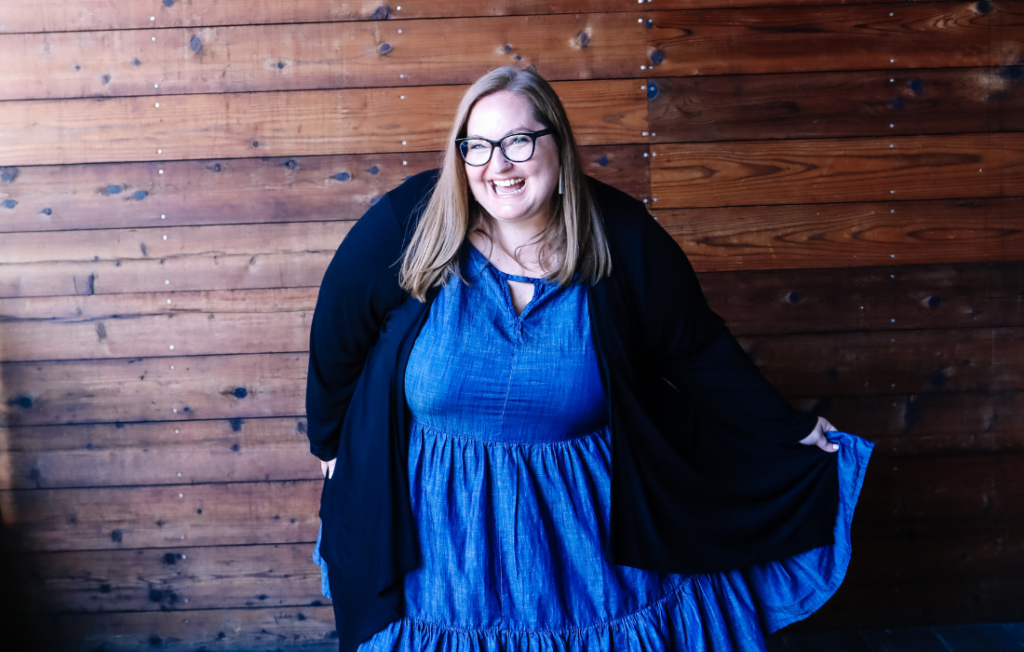
Kristin chats with Jen McLellan of Plus Size Birth, about the misconceptions surrounding pregnant plus size women. You can listen to this complete podcast episode on iTunes, SoundCloud, or wherever you find your podcasts. Ask The Doulas Podcast · Plus Size Pregnancy Misconceptions with Jen McLellan of Plus Size Birth Welcome. You’re listening to Ask […]
Informed Pregnancy with Dr. Berlin: Podcast Episode #178
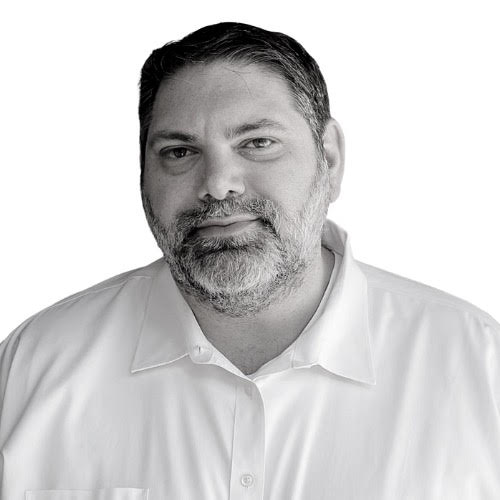
Kristin chats with Dr. Berlin about the Informed Pregnancy Project. The Project aims to utilize multiple forms of media to compile and deliver unbiased information about pregnancy and childbirth to empower new and expectant parents to make informed choices regarding their pregnancy and parenting journey. You can listen to this complete podcast episode on iTunes, […]
Infertility Challenges and Options: Podcast Episode #177
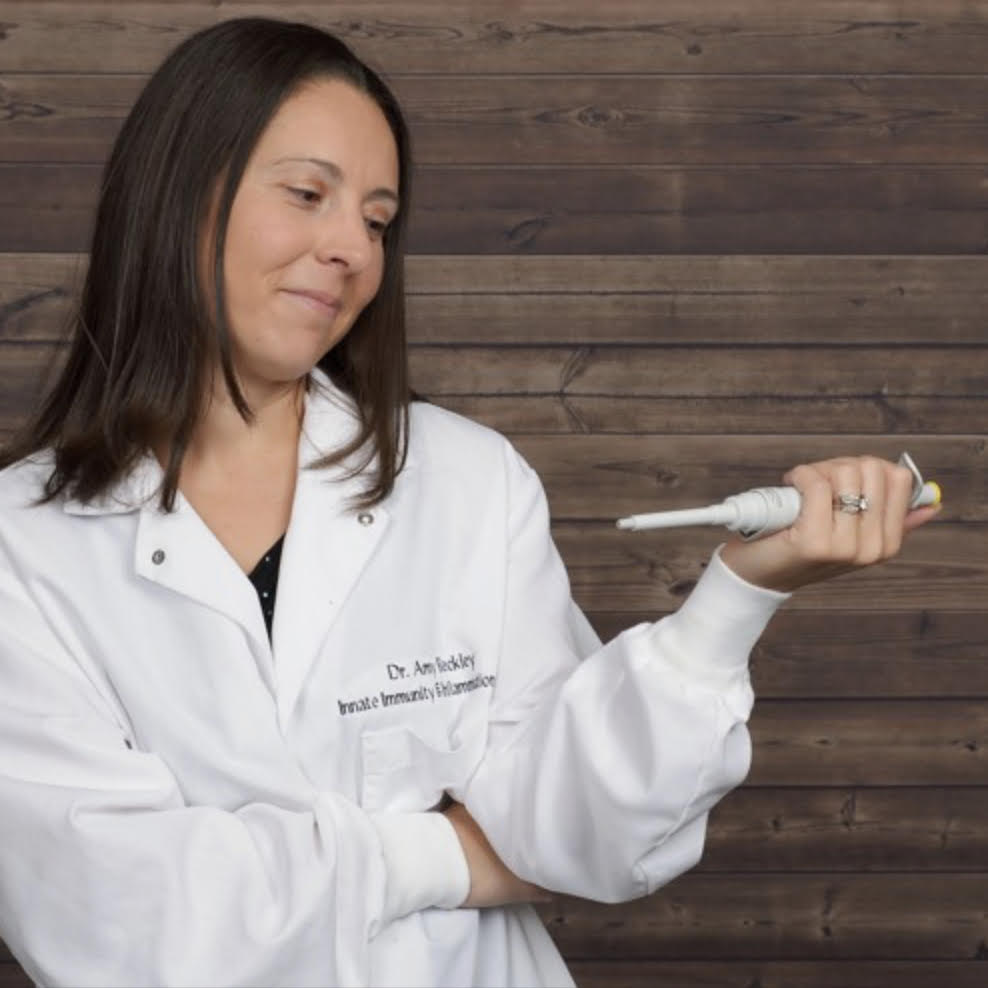
Kristin talks with Dr. Amy Beckley, Founder and CEO of Proov about infertility challenges and options. You can listen to this complete podcast episode on iTunes, SoundCloud, or wherever you find your podcasts. Ask The Doulas Podcast · Infertility Challenges and Options with Dr. Amy Beckley Welcome. You’re listening to Ask the Doulas, a podcast […]
Prioritizing Your Needs Without Any Guilt: Podcast Episode #176

We talk with Elizabeth Andreyevskiy, a stress coach for moms and founder of Emotionally Healthy Legacy. Elizabeth also has some free downloads for Ask the Doulas listeners! You can listen to this complete podcast episode on iTunes, SoundCloud, or wherever you find your podcasts. Ask The Doulas Podcast · Prioritizing Your Needs Without Any Guilt […]
The Role of Caregiver for New and Expectant Moms: Podcast Episode #175
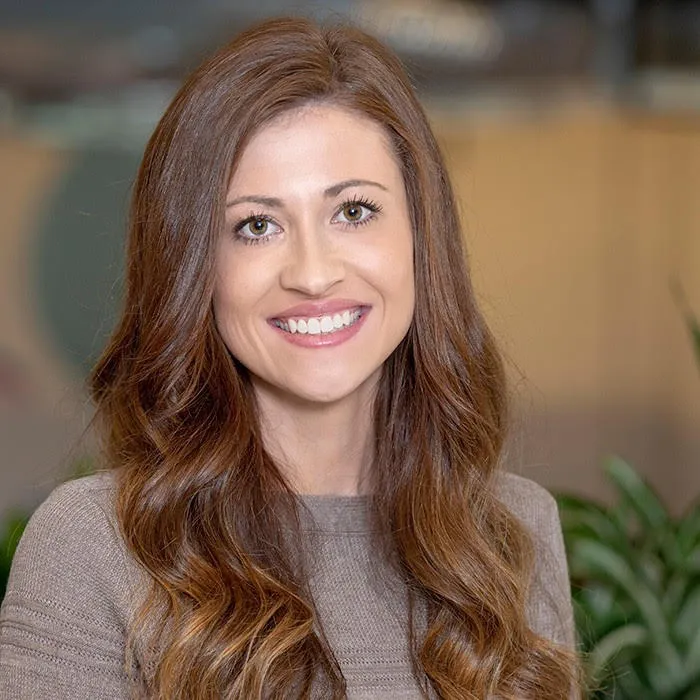
Kristin chats with Bre Boysel of Cariloop about the role of caregiver for new and expecting moms. You can listen to this complete podcast episode on iTunes, SoundCloud, or wherever you find your podcasts. Ask The Doulas Podcast · The Role of Caregiver for New and Expecting Moms Welcome. You’re listening to Ask the Doulas, […]
Reclaiming Our Feminine Energy As Mothers: Podcast Episode #174

Kristin chats with Dr. Laura from Mind Your Soul about supporting and reclaiming feminine energy in motherhood. Dr. Laura is the author of “You Are the Most Perfectly Perfect You.” You can listen to this complete podcast episode on iTunes, SoundCloud, or wherever you find your podcasts. Ask The Doulas Podcast · Reclaiming Our Feminine […]
Navigating Parental Leave: Podcast Episode #173
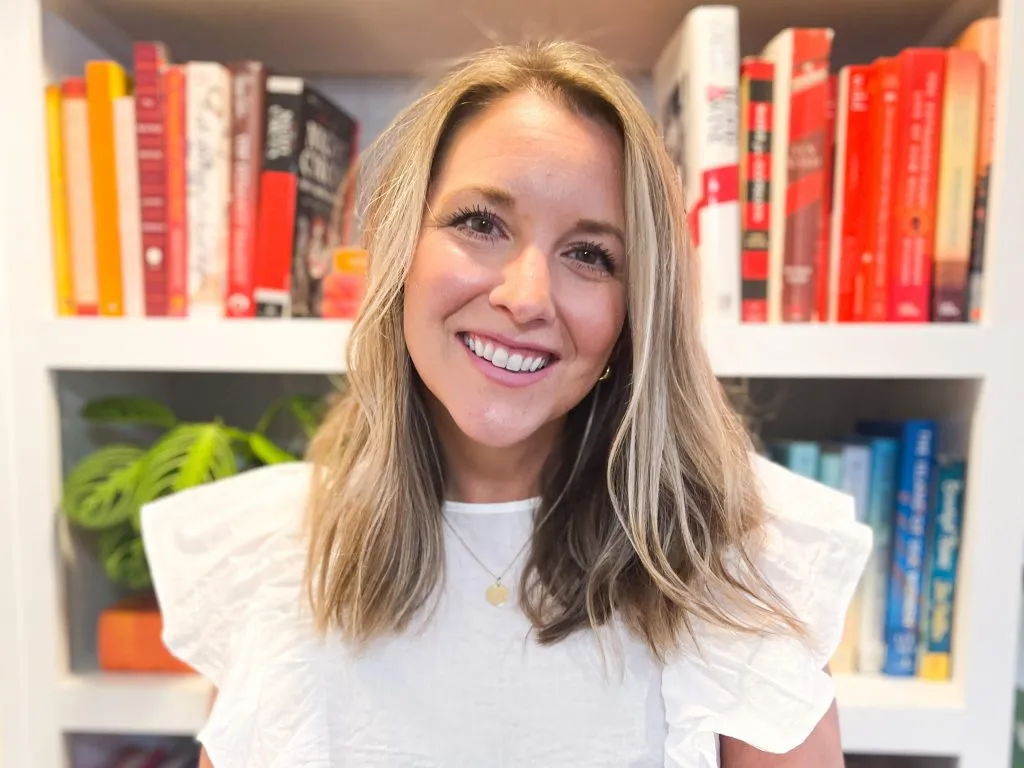
Kristin discusses the ins and outs of navigating parental leave with Linzay Davis, Founder of The Park. You can listen to this complete podcast episode on iTunes, SoundCloud, or wherever you find your podcasts. Ask The Doulas Podcast · Navigating Parental Leave Welcome. You’re listening to Ask the Doulas, a podcast where we talk to […]
The Secret to Creating More Calm and Joy in Motherhood: Podcast Episode #172
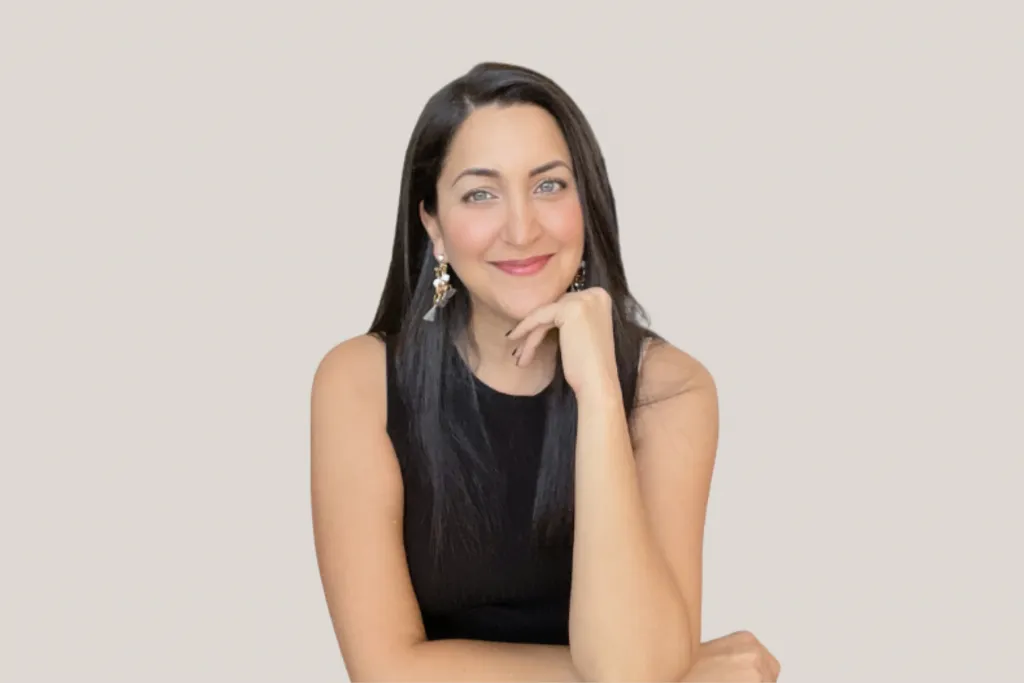
Kristin chats with Peg Sadie of the Resilient Mom Academy about self-care, joy in motherhood and so much more. You can listen to this complete podcast episode on iTunes, SoundCloud, or wherever you find your podcasts. Ask The Doulas Podcast · The Secret to Creating More Calm and Joy in Motherhood Welcome. You’re listening to […]
Navigating Life After Loss: Podcast Episode #171
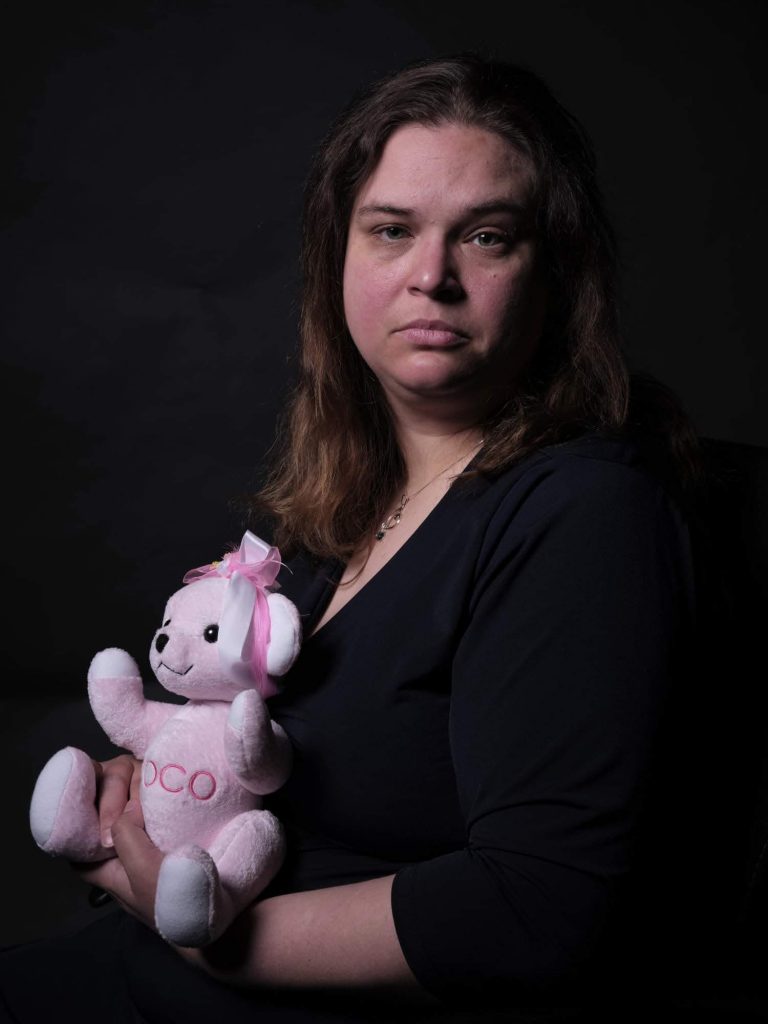
Kristin chats with Michelle Valiukenas from the Colette Louise Tisdahl Foundation about navigating life after loss. You can listen to this complete podcast episode on iTunes, SoundCloud, or wherever you find your podcasts. Ask The Doulas Podcast · Navigating Life After Loss Welcome. You’re listening to Ask the Doulas, a podcast where we talk to […]
Fashion for Breastfeeding: Podcast Episode #170
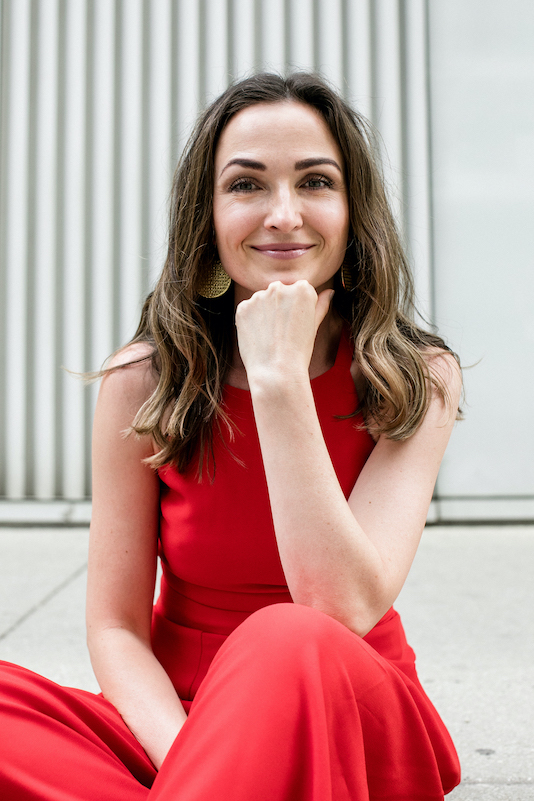
Kristin discusses challenges of the professional mother with Magda Lasota Morales, founder of MLM Brand. Magda created a timeless line of dresses for breastfeeding and pumping moms. You can listen to this complete podcast episode on iTunes, SoundCloud, or wherever you find your podcasts. Ask The Doulas Podcast · Fashion for Breastfeeding Moms Welcome. You’re […]
Baby Registry Trends: Podcast Episode #169
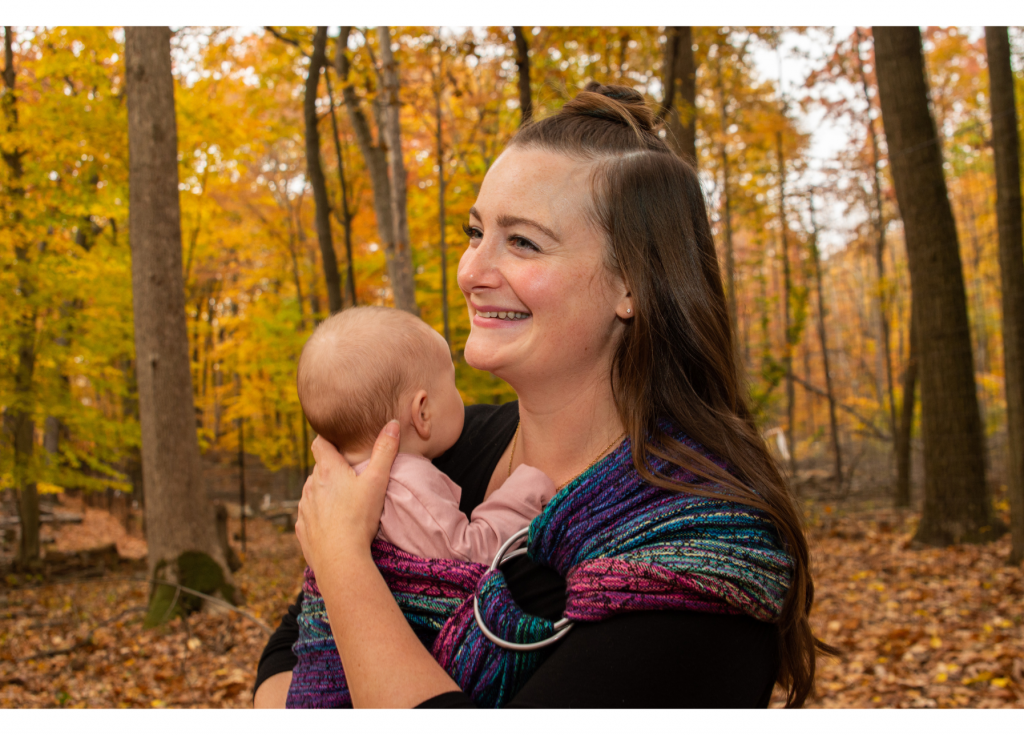
Kristin chats with Lexi Tabor of Hatchling CLE about the latest baby trends and services. You can listen to this complete podcast episode on iTunes, SoundCloud, or wherever you find your podcasts. Welcome. You’re listening to Ask the Doulas, a podcast where we talk to experts from all over the country about topics related to […]
Medicaid for Doulas with Doulas Diversified: Podcast Episode #168
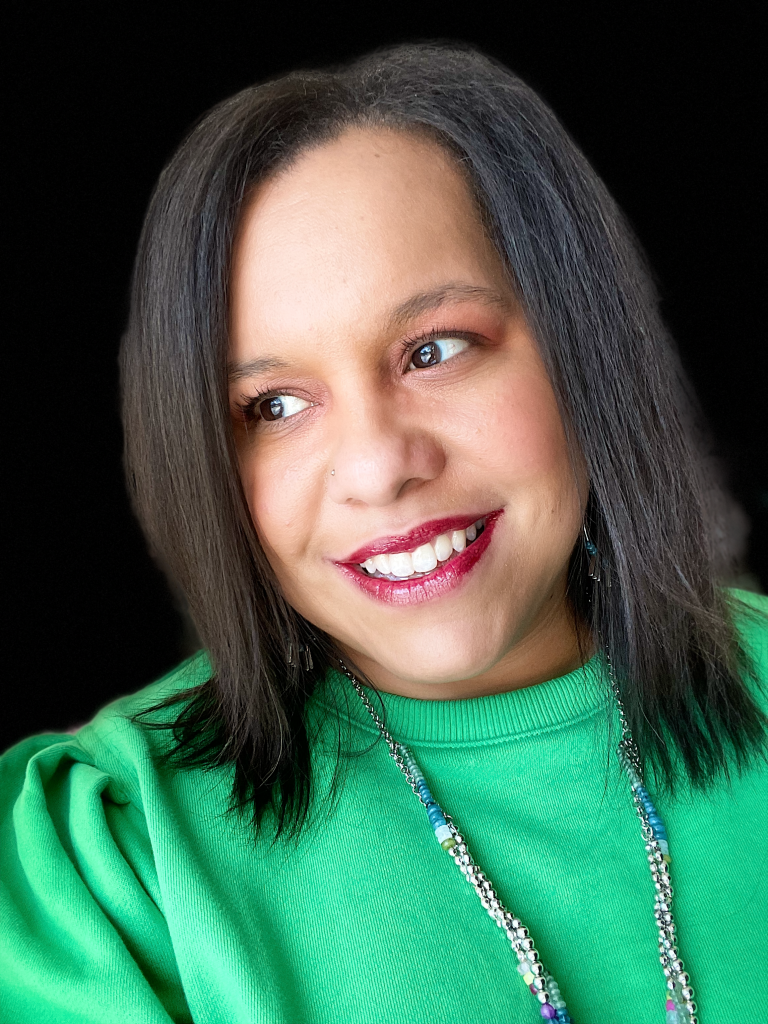
Kristin chats with Erica about the Medicaid coverage for doulas in Michigan and how this improves maternal and infant health outcomes. You can listen to this complete podcast episode on iTunes, SoundCloud, or wherever you find your podcasts. Ask The Doulas Podcast · Medicaid for Doulas with Erica Guthaus of Doulas Diversified Welcome. You’re […]
Postpartum Support with Carrie Kolehouse of MomsBloom: Podcast Episode #167

Carrie Kolehouse, Executive Director of MomsBloom chats with Kristin about why MomsBloom is focused on supporting mothers in West Michigan and beyond. You can listen to this complete podcast episode on iTunes, SoundCloud, or wherever you find your podcasts. Welcome. You’re listening to Ask the Doulas, a podcast where we talk to experts from all […]
